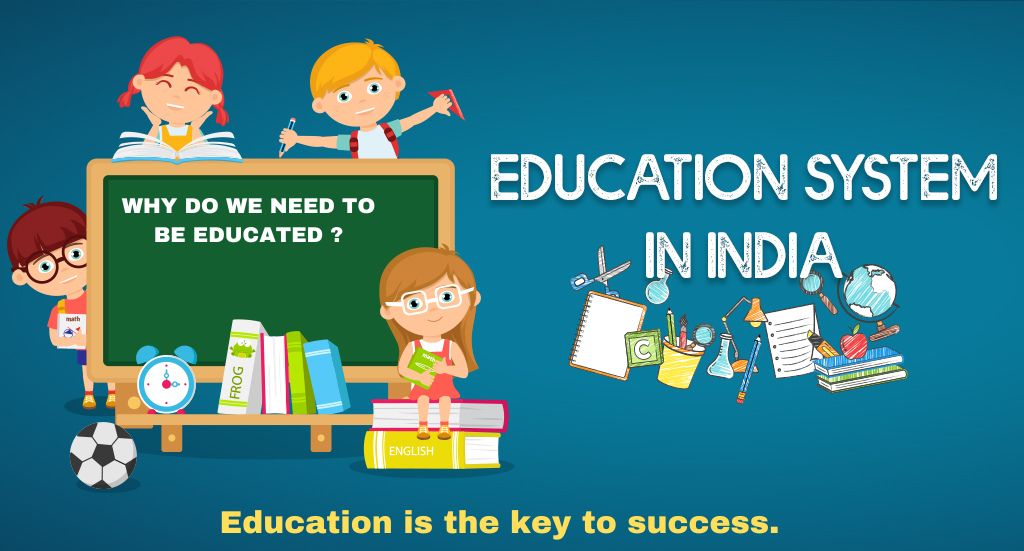“Nothing but Education defines the future of a Person and the future of a Nation.”
Education Literacy and India’s Soaring Economy
India’s economic growth has been remarkable in recent years, and education literacy has played a significant role in this development. The relationship between education literacy and economic growth is well-documented, and in the case of India, it is particularly noteworthy.

* Education and Literacy in India:
Education and literacy rates in India have seen significant improvements in recent years, which has had a positive impact on the country’s economy. This progress can be attributed to various factors, including government initiatives, increased access to education, and a growing emphasis on quality education.
In India, the government has taken several steps to improve the education system, such as the implementation of the Right to Education Act (RTE) in 2009. This act made primary education free and compulsory for all children aged 6 to 14 years, ensuring that more children have access to education. Additionally, the government has launched several programs and schemes to provide financial assistance and infrastructure support to schools, especially those in rural areas.
* The Importance of Education and Literacy in India’s Economy:
Education and literacy are crucial factors in the development of any nation, and India is no exception. The impact of education and literacy on India’s economy is significant, as it not only drives economic growth but also contributes to the overall well-being of the population. In this essay, we will discuss the various ways in which education and literacy have shaped India’s economy, and how they continue to play a vital role in its progress.

1: The Role of Education in Economic Growth
2: The Impact of Literacy on Poverty Reduction
3: The Connection Between Education and Social Mobility
4: The Role of Education in Technological Advancement
5: The Importance of Government Initiatives
* India Progress in the last decades:
India’s progress over the past 20 years has been quite phenomenal. It deserves recognition especially now, as rich countries consider whether to continue investing in global development assistance despite all the economic problems they face at home.
India still faces many challenges. More than 400 million Indians live in extreme poverty. The country is home to half of all the world’s malnourished and underweight children and one fourth of the world’s tuberculosis.
But over the past 20 years, India has really emerged as a dynamic, influential country. It’s been one of the world’s fastest growing major economies, and it’s playing an increasingly important role in world affairs, including as a member of the G20 and the BRICS group of newly industrialized nations.
* Education for a Sustainable Future:
India’s progress over the past 20 years has been quite phenomenal. It deserves recognition especially now, as rich countries consider whether to continue investing in global development assistance despite all the economic problems they face at home.
India still faces many challenges. More than 400 million Indians live in extreme poverty. The country is home to half of all the world’s malnourished and underweight children and one fourth of the world’s tuberculosis.
But over the past 20 years, India has really emerged as a dynamic, influential country. It’s been one of the world’s fastest growing major economies, and it’s playing an increasingly important role in world affairs, including as a member of the G20 and the BRICS group of newly industrialized nations.
The current situation in India is quite hopeful. The country has a lot of talented people. The universities are improving. Government spending is going up because of the nation’s economic strength. Some reforms are needed, and that’s progressing, gradually. India represents all the challenges you face when you have lots of people living in poverty. And so India can contribute to how we solve problems globally.